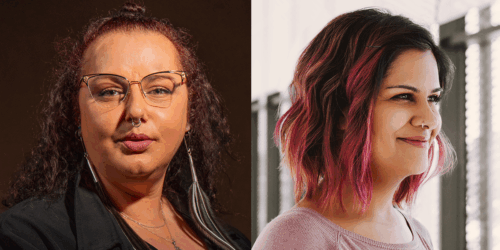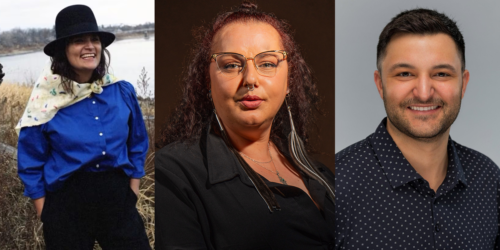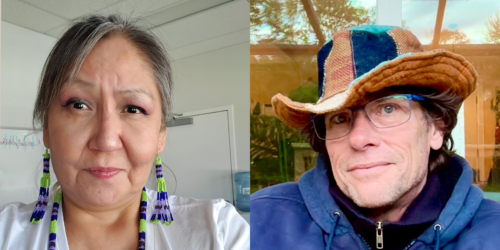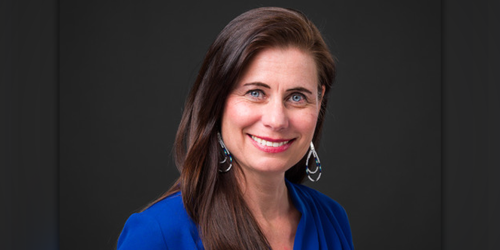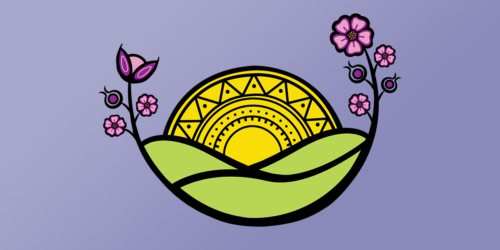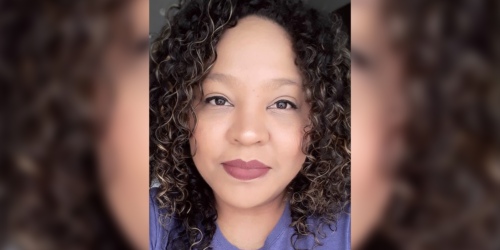Building the foundations for effective syphilis testing in Indigenous communities
June 25, 2025 • By Melissa Morris and Sugandhi del CantoSyphilis is a preventable and curable sexually transmitted infection (STI) but the only way to know for sure whether or not someone has syphilis is to get tested. Amid a national syphilis epidemic, where some regions and communities are hit harder than others, access to screening and diagnosis is crucial to ending this public health threat in Canada. Syphilis rapid testing Syphilis rapid testing is a promising tool that can help reach our goals but what is it exactly and why is it important? Syphilis rapid testing detects antibodies in a blood sample and provides results within minutes, making testing...

